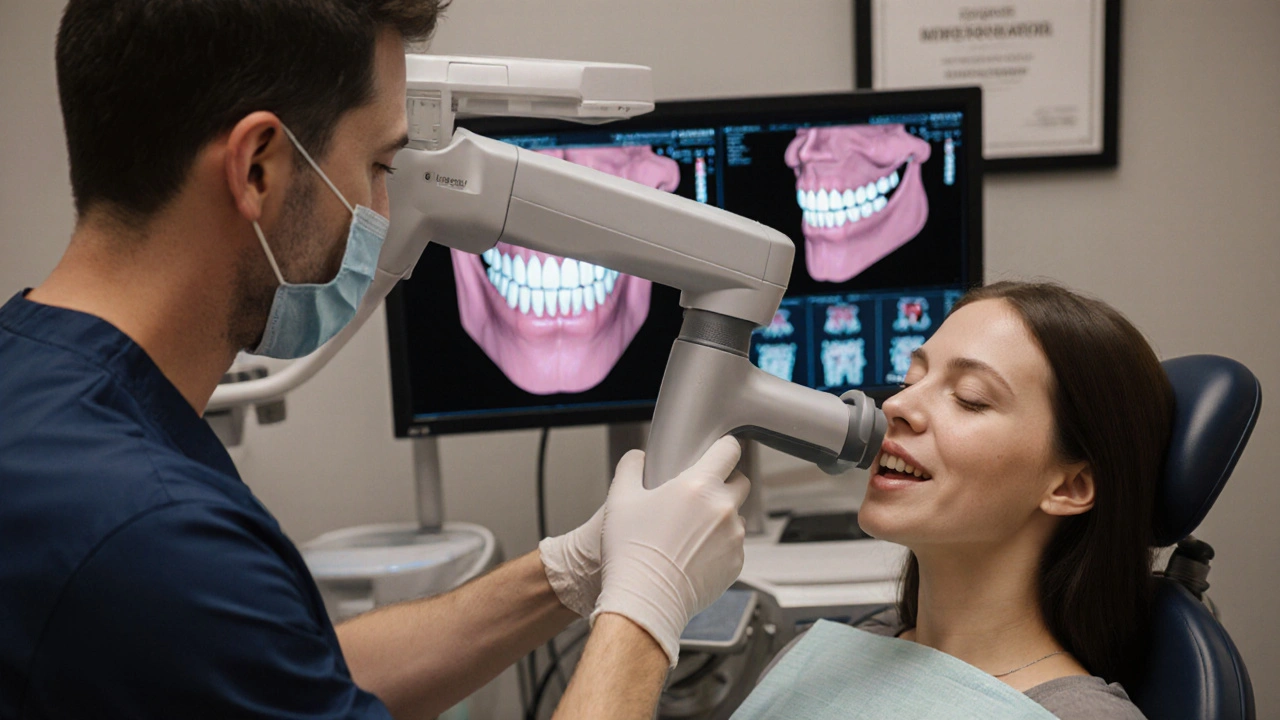Komplikace po rekonstrukci: Co se může pokazit a jak jim předcházet
When you get a dental restoration—whether it’s a crown, implant, filling, or veneer—you expect it to last. But komplikace po rekonstrukci, nežádoucí účinky nebo selhání zubních rekonstrukcí po zákroku. Also known as problémy po zubní léčbě, they can range from minor discomfort to serious damage that needs fixing. A lot of people think once the dentist says "all done," everything’s fine. But that’s not always true. Many issues show up weeks or even months later—and by then, it’s often harder and more expensive to fix.
One of the most common zubní korunky, náhrady zubu, které pokrývají poškozený zub a obnovují jeho tvar a funkci. Also known as zubní čepičky, it can loosen, crack, or cause gum irritation if the fit isn’t perfect. If the cement underneath washes out or the tooth underneath gets decayed, you might feel pain, bad breath, or even see the edge of the crown. Same goes for zubní implantáty, umělé kořeny, které se zasazují do čelisti a slouží jako podklad pro korunku nebo most. Also known as zubní šrouby, it—if the bone doesn’t integrate properly or if you don’t clean around it, infection can spread. And it’s not just implants. Even simple zubní výplň, materiál, který se používá k vyplnění díry po kazu. Also known as zubní plomba, it can fall out, leak, or cause sensitivity if it’s too big, too small, or placed poorly. Then there are zubní fazety, tenké keramické plátky, které se lepí na přední zuby pro estetický vzhled. Also known as zubní obklady, it. If the tooth was overground or the bonding failed, they can chip, detach, or make your bite feel off.
These problems don’t just happen by accident. They’re often linked to the material used, the skill of the dentist, or how well you care for your teeth afterward. A cheap crown made in a low-quality lab? It might wear down fast. A filling that wasn’t sealed properly? Food gets trapped, and decay returns. Poor oral hygiene? Bacteria build up around the restoration and cause inflammation. Even your bite matters—if your teeth don’t meet right, the pressure can break a crown or loosen an implant over time.
You don’t need to live with discomfort or fear your new tooth will fall out. Most complications can be avoided with the right choices—choosing a dentist who checks the fit carefully, using materials suited to your mouth, and sticking to a simple cleaning routine. Brushing twice a day, using floss or interdental brushes, and getting regular check-ups make a huge difference. And if something feels off—sensitivity, pain, a loose feeling—don’t wait. Catching a problem early saves you time, money, and stress.
In the posts below, you’ll find real-life answers to the most common issues people face after dental work. From why your crown hurts when you bite to how to spot early signs of implant failure, we cover what actually matters. No fluff. Just clear, practical advice based on what’s happening in clinics and what patients are really asking.

